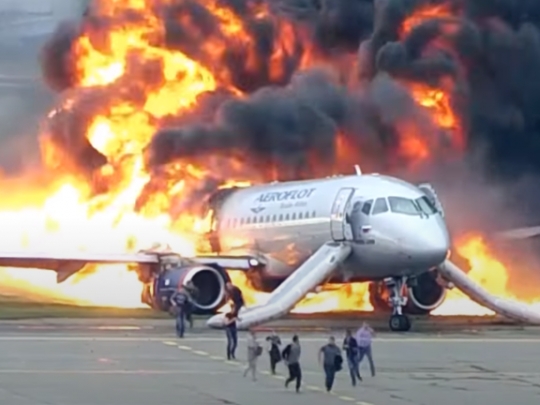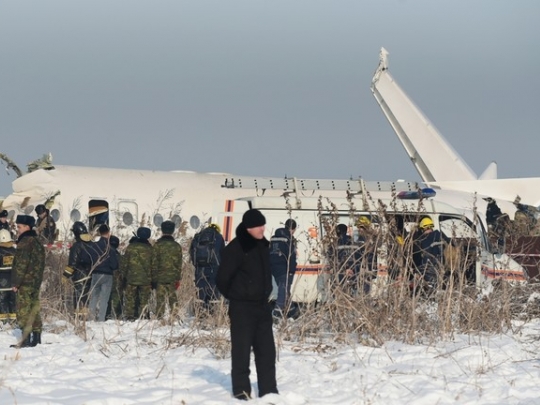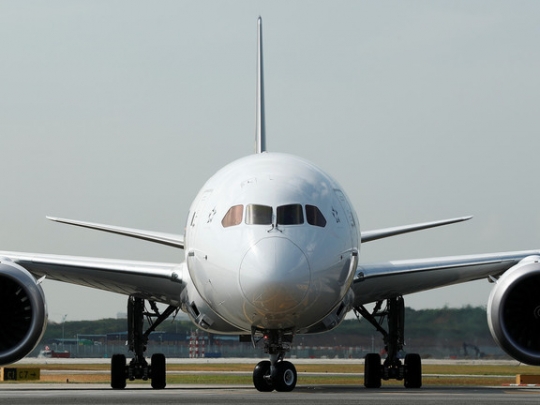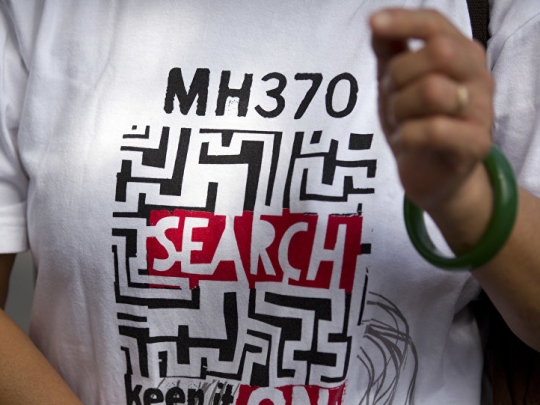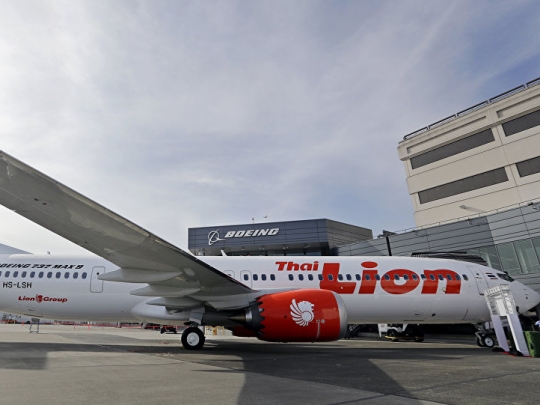‘Spend the Minimum’: After Crash, Lion Air’s Safety Record Is Back in Spotlight
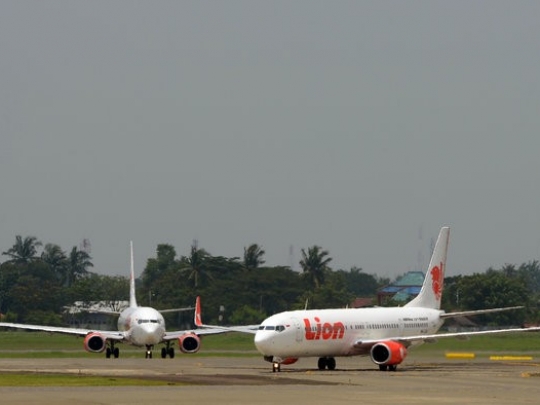
JAKARTA, Indonesia — The government safety inspector had spent all night at the Makassar airport, in eastern Indonesia, several years ago, poring over a Lion Air jet that had suffered a hydraulic failure. Telling airline employees that the plane was to be grounded until the problem was fixed, the inspector went back to a hotel for a quick shower.
When the inspector returned, the plane was on the runway, about to take off.
Furious, the inspector demanded that the passengers disembark. But a supervisor with Lion Air explained how the airline had gone over the inspector’s head: National government officials in Jakarta, the Indonesian capital, had given permission for takeoff, the inspector said. The plane was in the air minutes later.
The notorious safety record of Lion Air, Indonesia’s largest carrier and one of the world’s fastest-growing airlines, is back in the spotlight after the crash of Flight 610, which hurtled nose-first into Indonesian waters with 189 people on board just minutes after takeoff on Oct. 29.
Investigators are trying to figure out what deadly alchemy of factors caused a new Boeing jet to plunge into the water at more than 400 miles per hour.
They are examining whether Boeing failed to adequately explain modifications to the plane, a new 737 Max 8 model; how Lion Air handled repeated failures with the plane’s data readings for days before the crash; and how pilot training or confusion may have come into play in a case where only seconds may have been available to save the plane and its occupants.
But even as the mystery of Flight 610 is still being pieced together, one thing is clear, investigators and aviation experts say: Few airlines were less prepared to deal with crisis than Lion Air.
Interviews with dozens of Lion Air’s management personnel and flight and ground crew members, as well as Indonesian investigators and airline analysts, paint a picture of a carrier so obsessed with growth that it has failed to build a proper safety culture.
As Lion Air Group, which owns several carriers including Lion Air, expands aggressively both at home and abroad, new questions are being raised about the company’s stunning rise. Lion ranks as one of Indonesia’s highest-profile companies, but it remains shadowed by accounts of opacity and incompetence from former employees and industry regulators.
Even as Lion Air Group signed the two biggest aircraft deals in aviation history in recent years, its flagship carrier has suffered at least 15 major safety lapses, including a crash that killed 25 people, and hundreds more episodes that have escaped the public eye, aviation experts said.
Government safety investigators say that the company’s political ties have allowed it to circumvent their recommendations, as in the episode in Makassar, and to play down instances that would cause alarm elsewhere.
Lion Air became adept at passing malfunctioning equipment from plane to plane rather than fixing problems, former employees said.
Lion Air did not respond to repeated requests for comment regarding specific instances in which former employees and government investigators said the company had breached safety standards.
Frank Caron, who was brought in as Lion Air’s safety manager from 2009 to 2011 on orders from insurance firms, said that the carrier had an average of one major engineering issue every three days, even though most of its fleet was new.
“Buying all the latest-generation, state-of-the-art engineering will be in vain if you don’t have systems in place that prioritize safety,” he said.
“What I saw was a company, from the top down, that made saving money a motto — so spend the minimum on pilot training, salaries, management, everything,” Mr. Caron said.
Edward Sirait, Lion Air Group’s president director, denied that the company cut corners or dissembled in logbooks. In an interview in his sparsely furnished office, he said the company had twin priorities: growth and safety.
“When we expand, we think about all the markets we have to get,” he said. “But we always develop in accordance with our fleet, human resources, crew and also the maintenance facilities.”
- Source : Hannah Beech & Muktita Suhartono




